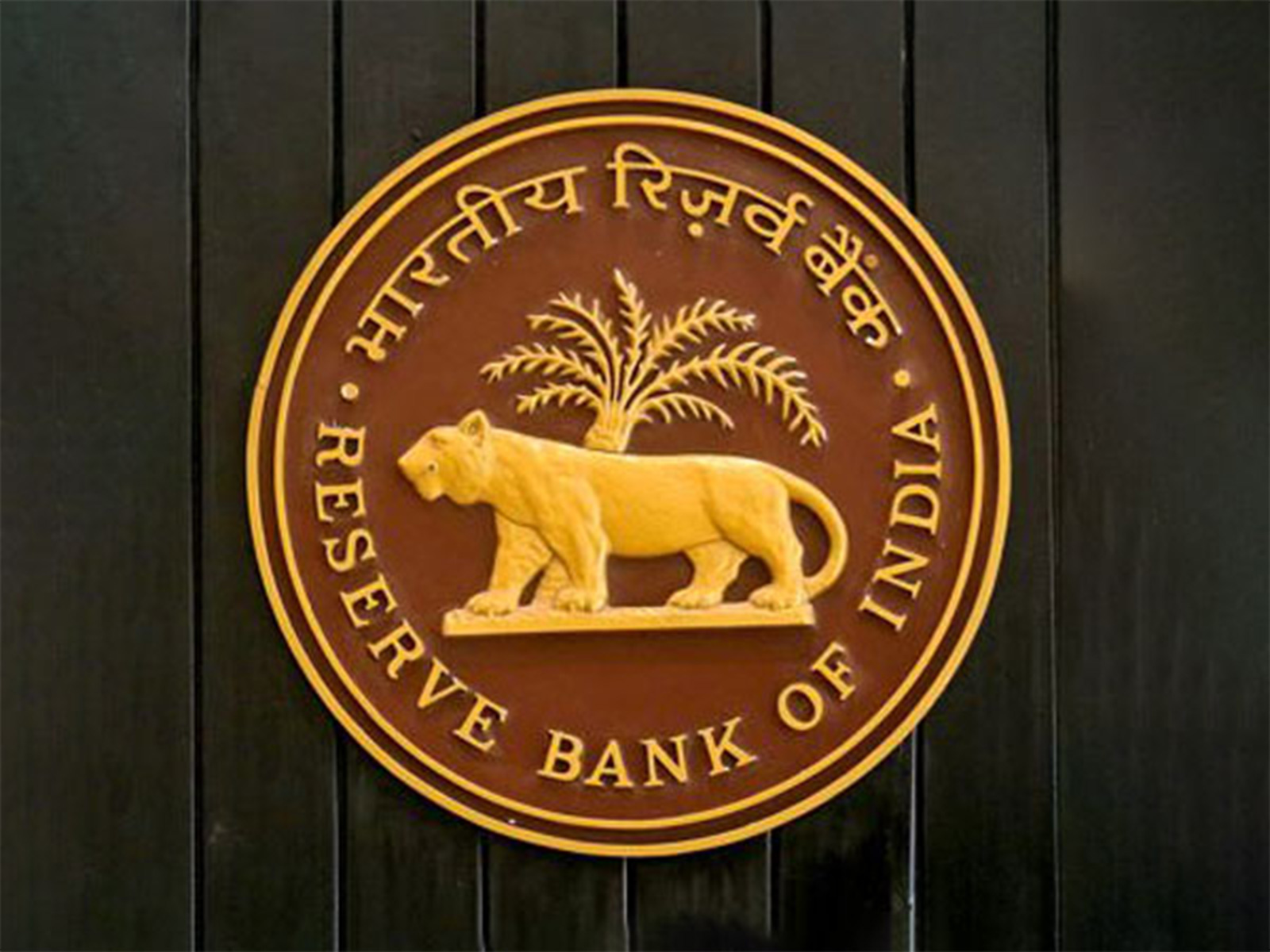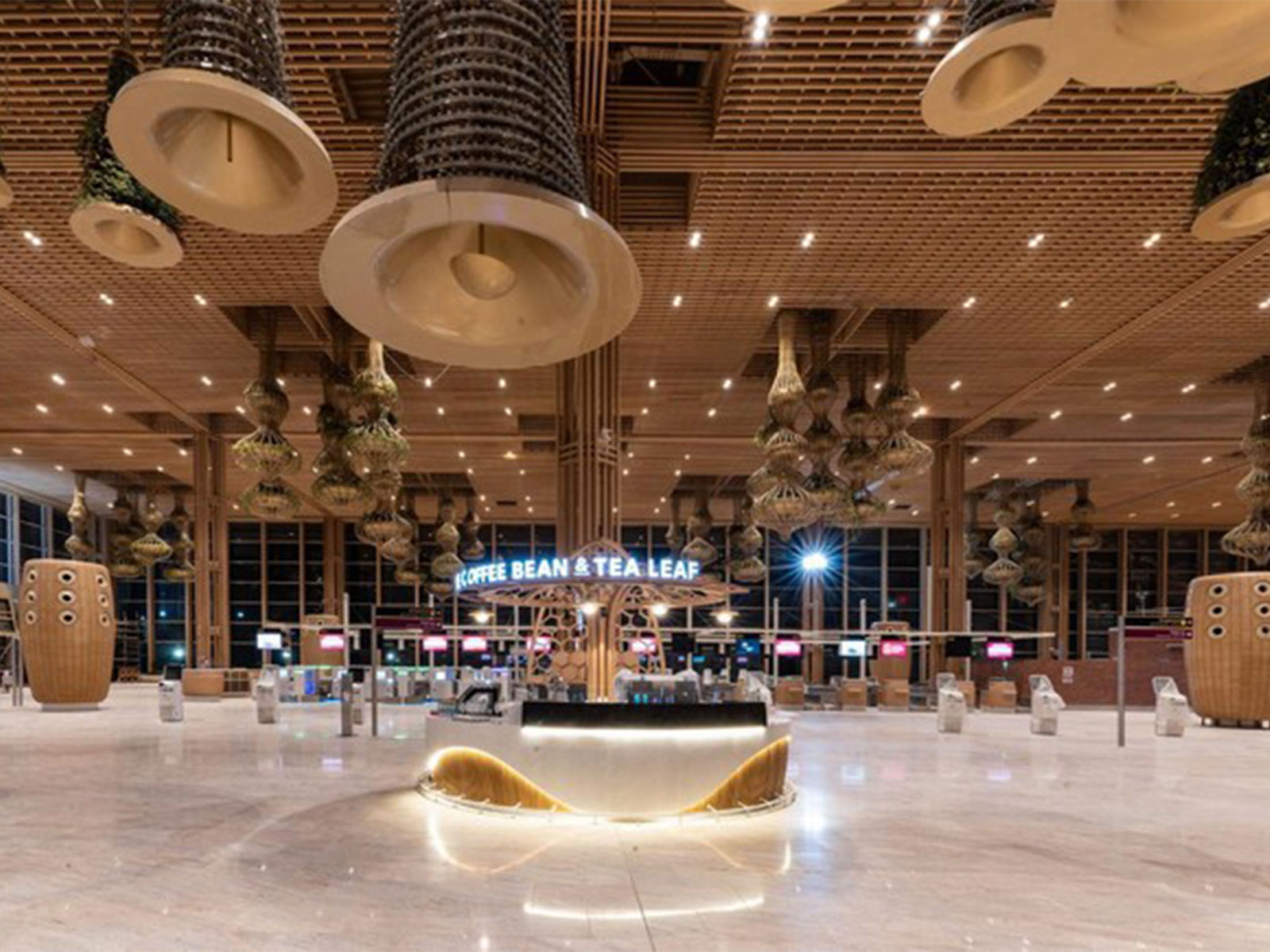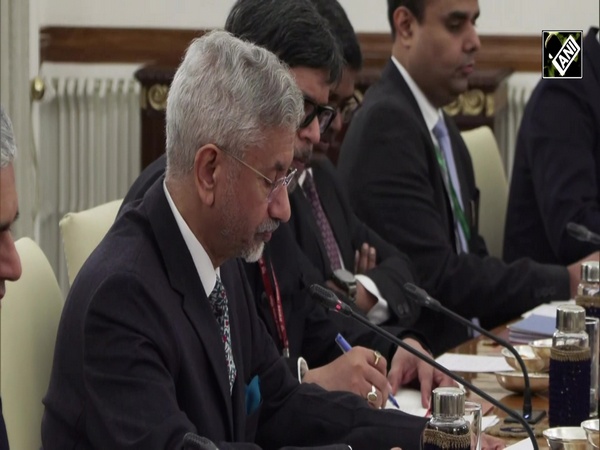CII recommends initiatives to improve economic cooperation among BIMSTEC countries
Aug 06, 2024

New Delhi [India] August 6 : Amid political unrest in Bangladesh, the two-day BIMSTEC Business Summit held in New Delhi said that BIMSTEC must together add more areas of cooperation to its ambit.
The Bangladesh-India-Sri Lanka-Thailand Economic Cooperation group was first established in June 1997 and in 2004, it was expanded to include Bhutan, Myanmar, and Nepal to become the Bay of Bengal Initiative for Multi-sectoral Technical and Economic Cooperation (BIMSTEC).
The Confederation of Indian Industries (CII) has released a Study on BIMSTEC Economic Cooperation with recommendations to improve economic cooperation among the member countries.
BIMSTEC's primary focus is economic and technical cooperation among the countries of South Asia and Southeast Asia that are geographically around the Bay of Bengal. Five Summit meetings have been held so far, with the sixth to take place in Thailand this year.
The GDP of BIMSTEC countries is currently about USD 4.5 trillion but the region can achieve faster future growth rates through better economic integration. But with a total population of 1.7 billion, or 22 per cent of the world's population, BIMSTEC countries have the potential to contribute to the global economy and each other.
The combined external trade of the BIMSTEC member states in 2022 amounted to USD 1.95 trillion. However, intra-regional trade is low and not commensurate with the diversified economies of the member states.
CII study recommends that BIMSTEC must together add more areas of cooperation to its ambit. It includes expanding skill development to leverage the young workforce, evolving methodologies for e-commerce cooperation, boosting digital public infrastructure and digital access, and fostering women-led development. All of these can be disseminated via best practices followed by member countries, such as women's participation in economic development in Bangladesh, e-commerce in Thailand, and digital public infrastructure in India.
Another recommendation of CII study is that industry in all countries should be more deeply engaged and involved in achieving the goals of BIMSTEC. Businesses including small and medium enterprises must be empowered to forge the necessary linkages across borders and build resilient supply chains.
BIMSTEC countries should also finalize a Free Trade Agreement (FTA), which may be in phases. It would lead to quicker implementation and promote investment, job creation, technology partnerships, and services.
The member countries should also think about easing FDI restrictions, improving energy collaborations, developing agriculture technology transfer agreements, increasing regional cooperation in tourism, technology transfer facilities, and increasing transport connectivity between BIMSTEC states.
CII study says the sixth BIMSTEC Summit meeting will be an opportunity to enhance business engagement in the region for deepening economic linkages within the region as well as collectively addressing external opportunities.
With greater industry collaborations and joint projects, the BIMSTEC region and its member states could accelerate their efforts toward growth and development and derive significant benefits in terms of employment and income generation.
The CII BIMSTEC Business Summit aimed to catalyse business networks and industry cooperation to align with governmental initiatives.




















